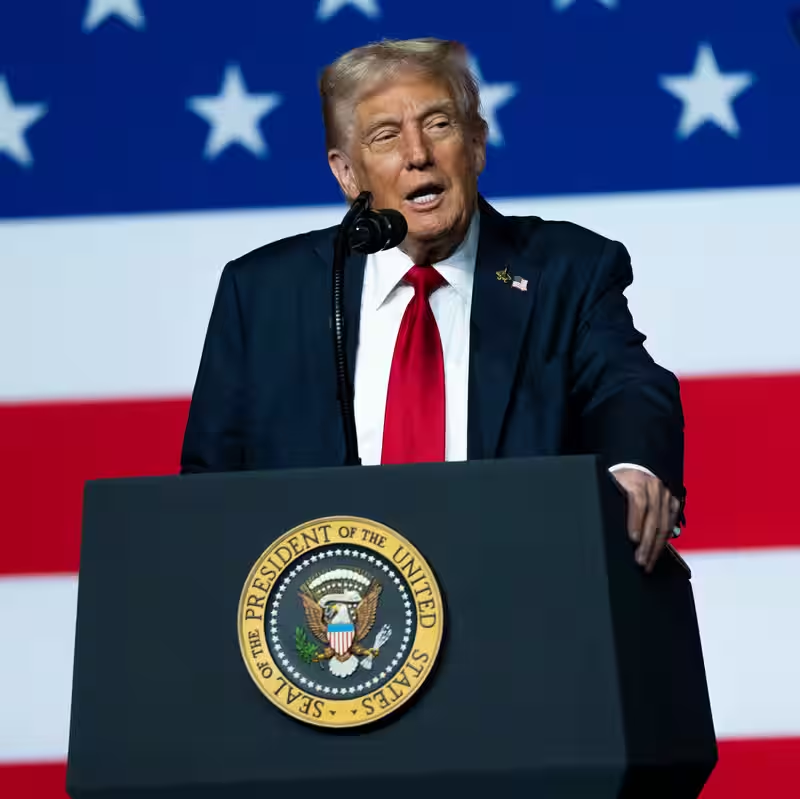Table of Contents
- Tensions Erupt Over Caribbean Strike
- Trump Retaliates by Slashing Aid
- Colombia’s Outrage and Sovereignty Claims
- Historical Context of U.S.-Colombia Relations
- Sources
Tensions Erupt Over Caribbean Strike
In a dramatic escalation of diplomatic hostilities, Colombian President Gustavo Petro has accused the United States of murder following a deadly maritime strike in the Caribbean Sea. The incident, which occurred on September 16, 2025, claimed the life of Alejandro Carranza, a fisherman from the coastal town of Santa Marta .
Petro’s government asserts that the U.S. military operation—reportedly targeting suspected drug traffickers—struck a civilian vessel, killing Carranza and violating Colombian sovereignty. “The United States has invaded national territory,” Petro declared, framing the event not as a tragic accident but as an act of aggression .
Trump Retaliates by Slashing Aid
Former U.S. President Donald Trump, now back in the political spotlight, responded with blistering rhetoric and swift policy action. Calling Petro an “illegal drug leader” and even labeling him a “drug dealer,” Trump announced the immediate termination of all U.S. aid to Colombia .
“We’re not funding regimes that accuse America of murder while harboring cartels,” Trump stated in a social media post that quickly went viral. The move has stunned foreign policy experts, as U.S. aid to Colombia has long been a cornerstone of counter-narcotics cooperation in Latin America.
Colombia’s Outrage and Sovereignty Claims
Colombian officials have released maritime coordinates and radar data suggesting the strike occurred within Colombia’s exclusive economic zone (EEZ). According to Bogotá, no prior notification was given by U.S. forces, raising serious questions about operational transparency.
The death of Alejandro Carranza has become a national symbol of resistance. Candlelight vigils have sprung up in Santa Marta, and opposition lawmakers—typically critical of Petro—have united in condemning the strike. “This isn’t about politics; it’s about our people and our waters,” said Senator Clara Rojas.
Historical Context of U.S.-Colombia Relations
The U.S. and Colombia have maintained a complex alliance for decades, primarily centered on the “War on Drugs.” Programs like Plan Colombia, initiated in the early 2000s, funneled billions in military and economic aid to combat cocaine production.
However, Petro’s leftist administration has sought to distance itself from U.S.-led militarized approaches, favoring rural development and peace initiatives. This ideological shift has increasingly strained bilateral ties, with Trump’s latest move signaling a potential rupture.
Analysts warn that cutting aid could backfire, potentially destabilizing regions still recovering from decades of armed conflict and pushing coca farmers back into the arms of armed groups.




